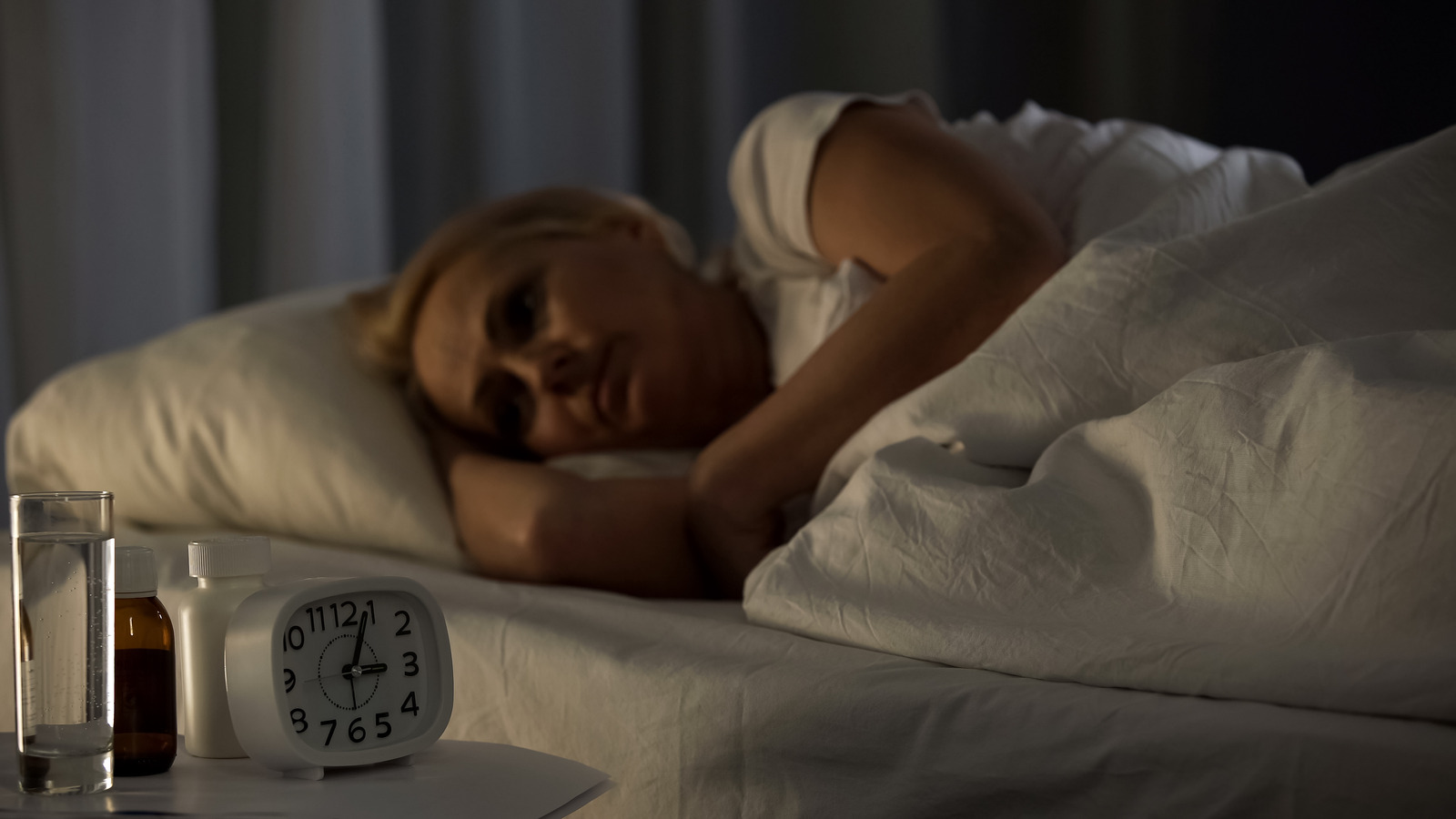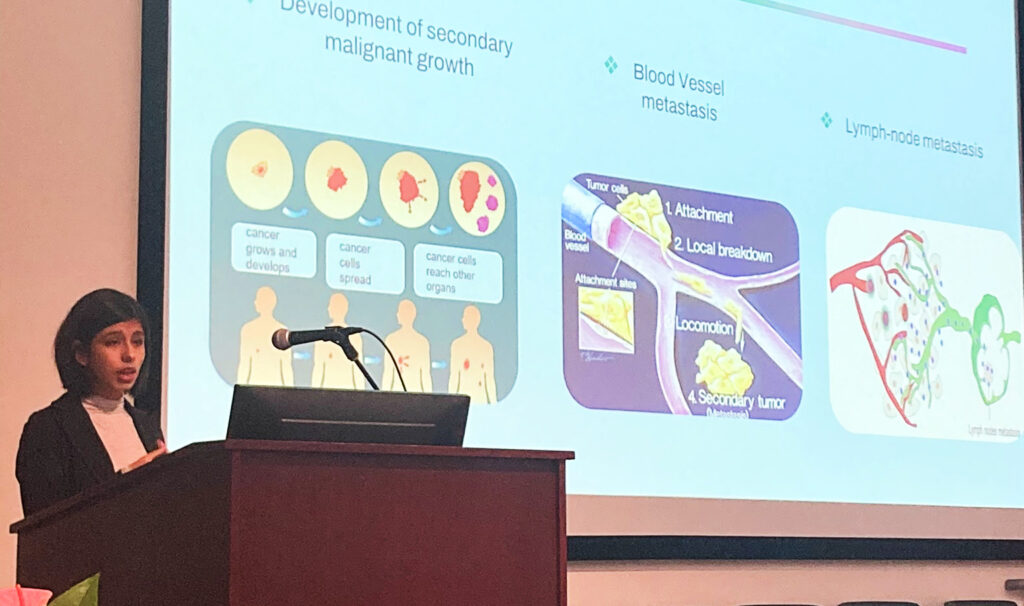Sleep and cancer treatment are often interconnected. When a patient is sleeping well, it can aid their recovery. However, sometimes cancer treatment can have a negative impact on a patient’s sleep, which can then negatively affect their recovery.
Oftentimes, insomnia happens when treatment causes the patient to feel tired throughout the day, which leads to them taking daytime naps, which in turn makes it difficult to sleep at night. It can also originate from certain medications prescribed to fight the side effects of treatment. And of course, the stress of the cancer itself is often significant enough to keep the patient up at night.
If you’re going through cancer treatment and are struggling with insomnia, it’s important to consult your health care provider to identify the issues. In the meantime, here are five practical changes to consider making to your routine.

1. Consider your mattress
If your mattress is north of seven-years-old, it’s probably time for a new one. Think about getting a “bed-in-a-box” mattress, which will conveniently ship straight to your home in—you guessed it—a box.
Companies like Purple offer some of the highest quality mattresses in this category, with prices in the average range. You can get a Purple mattress for $699 to $1,299, depending on the size you choose.
2. Designate your bedroom for sleeping
Your bedroom should be a safe haven where you go to get quality rest—not an entertainment room. Try using your bedroom only for sleep. If you work on your computer in the evening, or have a nightly television routine, consider doing it in another room.
Not only does the blue light from electronic screens disrupt your sleep cycle, but you also want your mind and body to know it’s time to wind down when you go to your bedroom.
Also, make sure the room is dark and cool (60-67 degrees is optimal for sleep). If light is peeking in from street lamps, cars, or even the moon, consider adding blackout curtains so you can get better rest.
3. Schedule your sleep
This one may take a little while to establish, but it’s important. Start going to bed and waking up at the same time every day—even on the weekends.
Verywell Health points out that establishing a pattern helps regulate your circadian rhythm, which will eventually help you fall asleep faster and stay asleep longer. Engage in some relaxing habits right before bed as well, since it will help you unwind and reinforce your schedule. Try things like sipping herbal tea, soaking in a warm bath, and listening to soothing music.

4. Try not to nap
It’s common for cancer patients to take naps throughout the day because of chronic fatigue and sleeplessness. However, it’s a vicious cycle. When you take daytime naps, it can hinder you from being able to fall asleep and stay asleep throughout the night. Then, you’re tired the next day and do the same thing again.
If possible, try not to nap for a few days, and see if it helps to improve your sleep at night. Moreover, if you’re taking a medication—such as steroids—for your treatment, consult your doctor; taking such medications in the evening isn’t the best thing for your sleep.
5. Limit spicy foods, caffeine, and alcohol
Your food and drink intake can also have a lot to do with the quality and quantity of your sleep. Along with eating a healthy, balanced diet, be sure to avoid spicy foods at night, since these can cause indigestion and disrupt your sleep patterns. Also, don’t drink caffeinated or alcoholic drinks in the evening, as these can also exacerbate restlessness.
It’s not uncommon to struggle with insomnia during cancer treatment, but that doesn’t mean you have to accept it without doing anything about it. Along with talking to your health care provider, consider getting a new mattress, and use your bedroom only for sleeping.
Also, try to keep a consistent sleep schedule, avoid taking daytime naps, and refrain from foods and drinks that could keep you up at night. Cancer recovery is hard enough—you don’t need sleeplessness holding you back.
Originally published October 16, 2019




